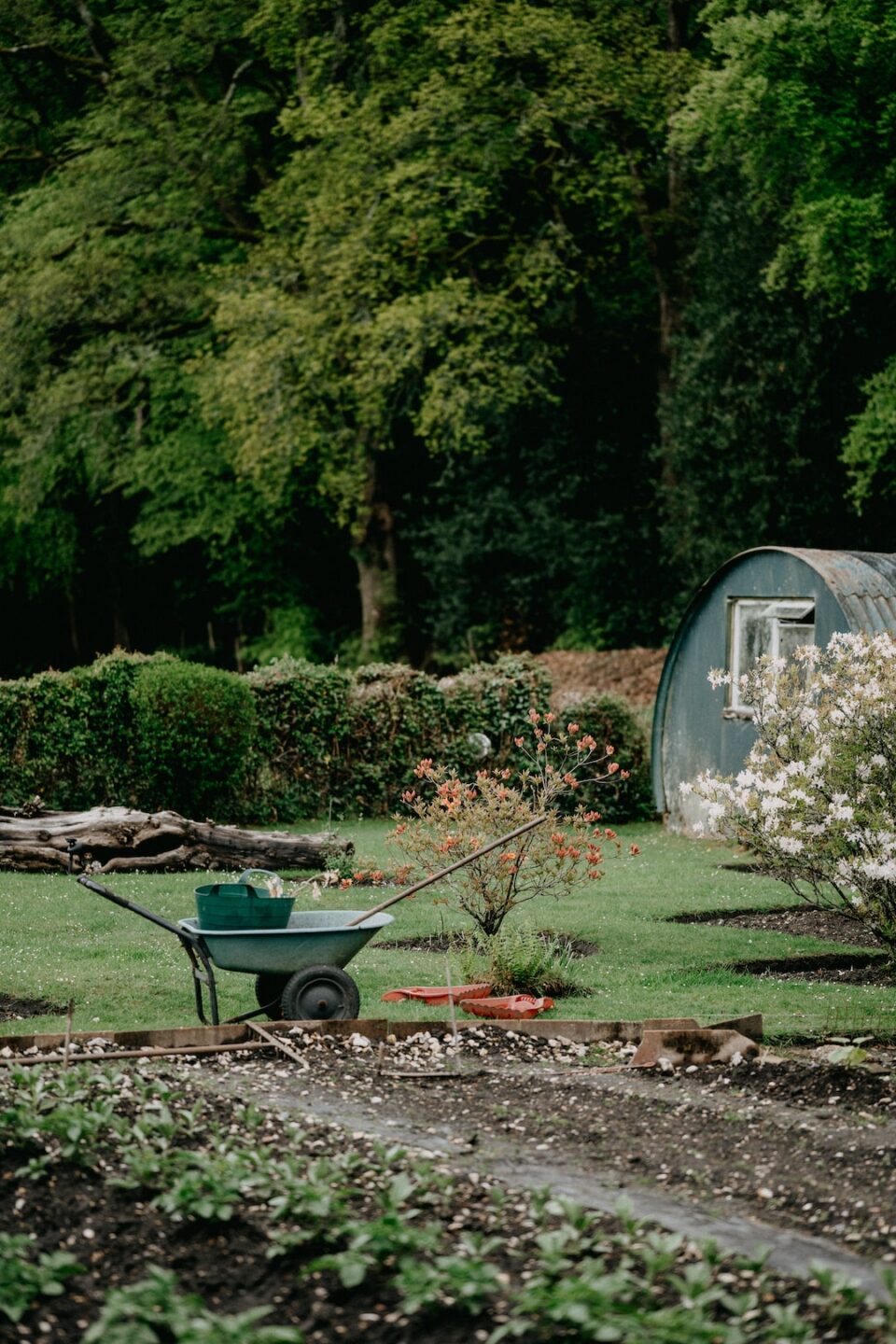Growing your own herbs: A beginner’s guide
Are you tired of buying expensive herbs from the grocery store? Why not try growing your own? Growing herbs at home is not only a rewarding experience but also a great way to save money and have fresh herbs at your fingertips. In this beginner’s guide, we will walk you through the steps to successfully grow your own herbs.
First and foremost, decide which herbs you want to grow. Consider herbs that you use frequently in your cooking. Popular choices for beginners include basil, parsley, mint, chives, and thyme. These herbs are relatively easy to grow and are versatile in various recipes.
The next step is to select the right location for your herb garden. Most herbs require at least six hours of sunlight daily. Choose a spot in your garden or balcony that receives adequate sunlight. If you don’t have access to outdoor space, you can also grow herbs indoors using pots and placing them near a sunny window.
Once you have chosen the herbs and the location, it’s time to prepare the soil. Herbs prefer well-draining soil, so make sure to add some compost or organic matter to improve the soil’s fertility. Additionally, ensure that the pots or containers you use have proper drainage to avoid waterlogging. This will help prevent root rot and other diseases caused by excessive moisture.
Now comes the exciting part – planting your herbs! Fill the pots or containers with soil, leaving some space at the top. Gently remove the herbs from their nursery pots, being careful not to damage the roots, and place them in the new pots. Pat the soil around the herbs to secure them in place. Water the plants thoroughly after planting to help them establish their roots.
To ensure healthy growth, herbs need regular watering. Check the moisture level of the soil daily and water when it feels dry about an inch below the surface. However, be cautious not to overwater your herbs, as this can lead to root rot. It’s always better to underwater than overwater herbs.
As your herbs grow, you may need to prune them to encourage bushier growth and prevent them from becoming leggy. Regularly harvest the leaves and stems of your herbs, as this will stimulate new growth and prevent them from flowering, which can affect their flavor.
Lastly, keep an eye out for any pests or diseases that may affect your herbs. Common pests include aphids, snails, and spider mites. If you notice any signs of infestation, try using organic pest control methods or consult with a local garden center for advice.
Growing your own herbs can be a fulfilling and enjoyable experience for any beginner. Not only will you have fresh herbs to enhance your culinary creations, but you will also gain a deeper appreciation for the natural world. So, why not get started on your herb garden today? With a little time and effort, you’ll soon be enjoying the benefits of growing your own herbs.

